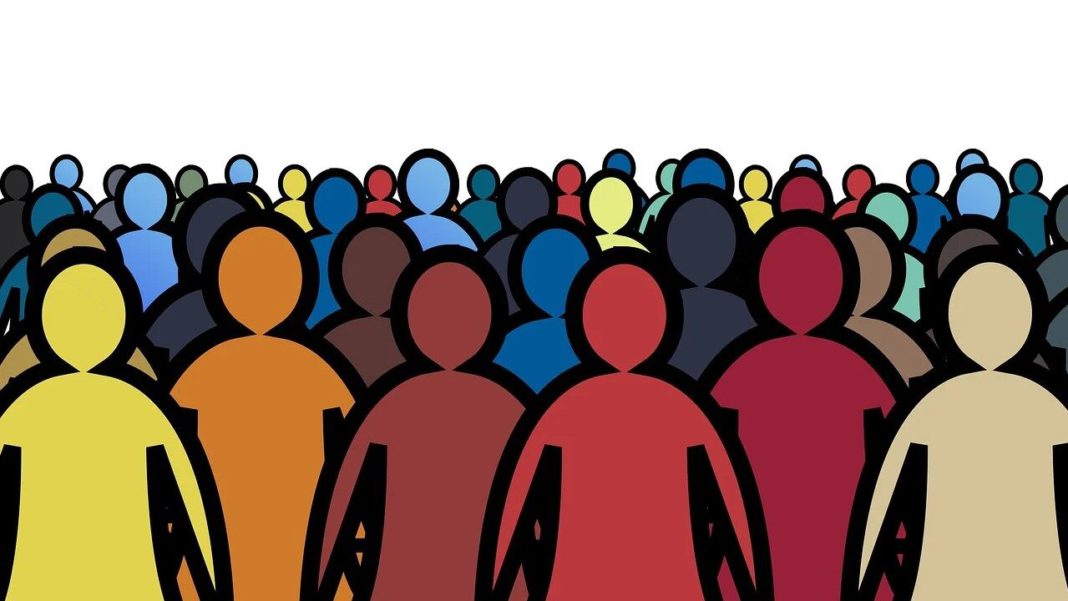INDIA: The Paradox of Action and Reaction reveals the complex dynamics that govern cause and effect. In physics, the law of action and reaction states that there is an equal and opposite reaction for every action. This fundamental principle has far-reaching implications, not only in the realm of science but also in the intricacies of our daily lives.
The Paradox of Action and Reaction revolves around the notion that our actions have consequences, and these consequences, in turn, influence future actions. The paradox highlights the interconnectedness of events, often leading to unexpected outcomes that may defy our initial expectations.
Consider a simple example: dropping a ball from a certain height. As the ball falls, it exerts a downward force on the ground, which, according to Newton’s third law, triggers an equal and opposite force that propels the ball back up into the air.
This interplay of forces demonstrates the concept of action and reaction in a physical context.
However, the Paradox of Action and Reaction extends beyond physics. In our personal lives, every decision we make sets off a chain of events that can have profound consequences.
A kind gesture towards a stranger may inspire them to pay it forward, initiating a ripple effect of goodwill. Similarly, adverse action can trigger a chain of reactions that perpetuate discord and conflict.
On a societal level, the Paradox of Action and Reaction manifests itself in politics, social movements, and even economics. Policies implemented by governments can have unintended consequences that reverberate throughout society.
In social movements, we can observe the Paradox of Action and Reaction through the dynamics of protest and resistance.
Actions taken by marginalized groups to demand justice and equality can elicit a backlash from those resistant to change, resulting in a continuous cycle of action and reaction.
This paradox underscores the challenges faced in achieving social progress and navigating the complexities of societal transformation.
Moreover, the Paradox of Action and Reaction highlights the delicate balance required to achieve desired outcomes. Sometimes, the actions taken to address a problem can inadvertently exacerbate it.
This phenomenon is commonly known as the unintended consequences of action. For example, stringent regulations to combat illicit activities may create new avenues for criminal behaviour or hinder legitimate businesses.
Navigating the Paradox of Action and Reaction necessitates a deep understanding of the complex web of interactions and feedback loops. It requires foresight, adaptability, and a willingness to reevaluate strategies as new information emerges.
Acknowledging the interdependence of actions and reactions enables us to anticipate potential outcomes, mitigate unintended consequences, and work towards more desirable results.
Also Read: Neuroscience Breakthrough: Researchers Create First Detailed Map of Insect Brain



